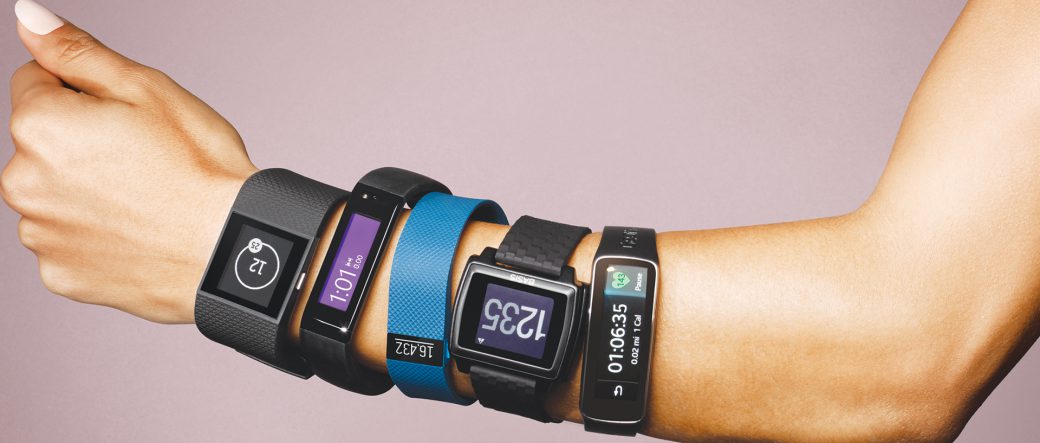They might be the hype in fitness fashion, but it looks like fitness trackers are really nothing more than flashy runner’s wear.
At least that’s what new research suggests: wearing an activity device, or fitness tracker, doesn’t seem to influence weight loss in anyway.
The two-year study, published in the Journal of the American Medical Association (JAMA), analyzed roughly 500 overweight participants, who took on the challenge of a better diet and more exercise.
From there, about half were given a fitness tracker to keep tabs on their progression.
Amazingly, the group using the fitness trackers lost less weight than the other group by study’s end.
![]()
While it’s a glaring testament to the supposedly ineffectiveness of the trackers, the study’s authors clarify you don’t need to stop using them – just don’t invest too much faith into the ‘slimming aids’. Manufacturers of the tracking technology argue the equipment has progressed since the study, and that activity trackers are more of a compliment to good diet and exercise.
In the study, one of the first randomized trials to compile data about fitness trackers and their usefulness, the researchers found the group that used trackers lost 8lb on average. The group without the devices lost 13lb on average in comparison.
“People have a tendency to use gadgets like these for a while and then lose interest with time as the novelty wears off,” lead researcher Dr. John Jakicic said.
“And we did see a drop off in the usage data as the study went on.”
Dr. Jakicic pointed to fitness trackers as blinders towards dieting; people typically become transfixed on exercise goals, and forget about the importance of eating well.
“You might think to yourself, ‘I’m being so active I can eat a cupcake now,'” he said.

Though further trials will be necessary to solidify the study’s findings, Dr. David Ellis, a psychologist at Lancaster University, is a fan of the study. Studying the rise of consumer health wearables for a while, Dr. Ellis says this research is important because it focused on people who might not own, or will go out and buy, a fitness tracker for themselves. This distinction makes all the difference.
“Fitness trackers are more likely to be bought by people who already lead a healthy lifestyle and want to monitor their progress. So it’s hard to say if they are useful for everybody,” he said.
“In real life, obviously, most people won’t get the level of support to lose weight that the people in this study did.
“They would have to do it on their own, so wearing a device might be better than nothing. We just don’t know.”










